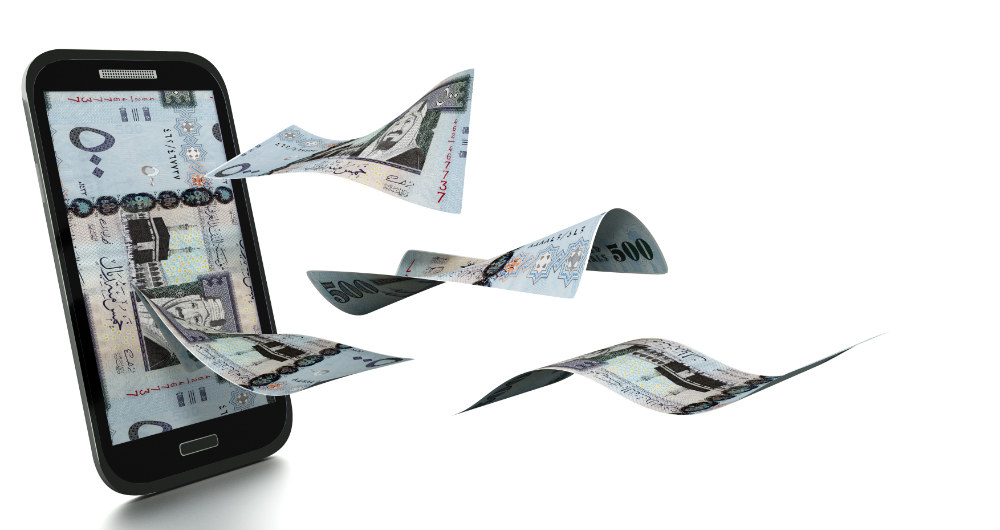The Saudi Arabian Monetary Authority (SAMA) defines financial fraud as, “any act involving deceit to obtain a direct or indirect financial benefit by the perpetrator or by others with his help, causing a loss to the deceived party.”
Financial fraud has become a major global issue, especially with the proliferation of modern communication tools, such as the internet and electronic sites, smartphones and other devices.
SAMA has indicated that fraudsters are becoming more skilled in using the latest technologies to strengthen their capabilities and they have been helped by the cheap prices of PCs, scanners, laser printers, and copying machines.
Among the most common methods of financial and banking fraud, especially at the level of individuals, are contacting potential victims to say they have won a cash prize and promising them big profits from currency trading.
Unfortunately, fraudsters have taken advantage of public panic over the coronavirus disease (COVID-19) pandemic, pretending to represent the World Health Organization (WHO) to steal money or sensitive information from individuals.
WHO has advised anyone contacted by a person or body purporting to be from the organization, to verify authenticity before responding. Furthermore, WHO has stressed that it never asks for usernames or passwords to access safety information or conduct lotteries, offer prizes, grants, certificates or funding through emails.
INTERPOL has also warned the public about the potential dangers of buying medical supplies online, advising people to double-check website addresses and ensure that payment is secured.
• Talat Zaki Hafiz is an economist and financial analyst.












